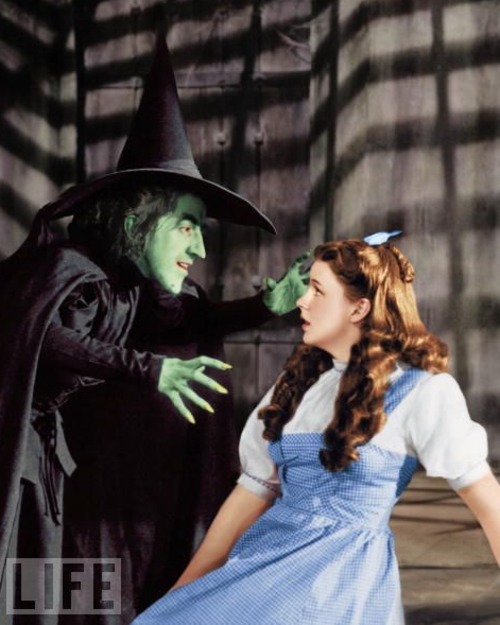June 15, 2011
Bunker Hill: History and Myth
Kevin E. Dayhoff
Last week I picked-up a copy of “The Whites of Their Eyes,” by Dr. Paul Lockhart, a highly readable and entertaining socio-political – and military – study of the Battle of Bunker Hill, the first American army, and the emergence of George Washington.
Although I am behind in my summer reading, my first selection was well worth the wait.
To add to my anticipation of diving into new insights, research and scholarship on the first major political–military engagement of the American Revolution, last week I was fortunate to be able to attend a presentation on the topic by the author.
Dr. Lockhart, a noted historian, discussed his just-released book in Williamsburg, VA, in which the author debunks much of the folklore and legendary mythology over this episode of the American experience.
His evening presentation came on the heels of a long week of record hot temperatures in the muggy tidewater environs of colonial Williamsburg, setting the stage perfectly as he took his audience back to one hot afternoon on June 17, 1775, on a hill in Charlestown, near Boston.
He then explained that what is arguably “the first honest-to-goodness battle of the revolution” did not take place on Bunker’s Hill, but on a nearby redoubt called Breed’s Hill.
The battle, in the chaotic aftermath of the unplanned skirmishes of Lexington and Concord on April 19, 1775, took place in the larger context of the siege of Boston and has since reserved its place in American history as the “truly iconic battle of the American Revolution,” Dr. Lockhart noted.
In his book, he observes that the Battle of Bunker Hill two months later “simply would not be forgotten. And that is very curious. Bunker Hill … doesn’t enjoy any special tactical or strategic significance.”
The battle on the Charlestown peninsula, “was not decisive, nor was it an American victory. We often forget that Bunker Hill was, in fact, a British victory and a significant one at that.”
“It was small even when compared to other battles of the Revolutionary War and laughably puny when compared to lesser-known battles in Europe… There is no earthly reason, no logical reason at least, that Bunker Hill should be so famous, and yet it is…”
It was at that juncture that Dr. Lockhart’s talking points reminded me of the conversation on the topic of American Exceptionalism which Steve Berryman, Pattee Brown, and I had with WFMD listeners just the other weekend... http://www.thetentacle.com/ShowArticle.cfm?mydocid=4459
*****






